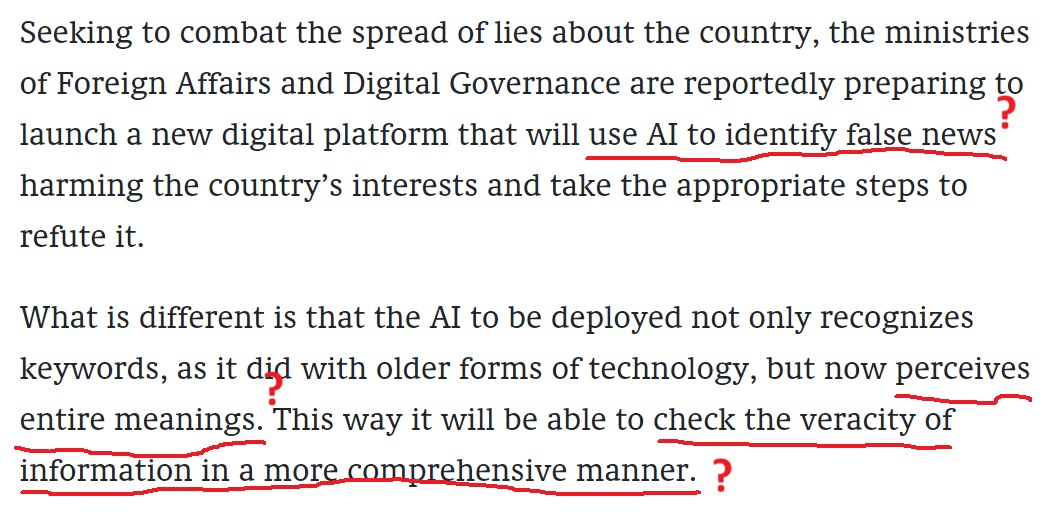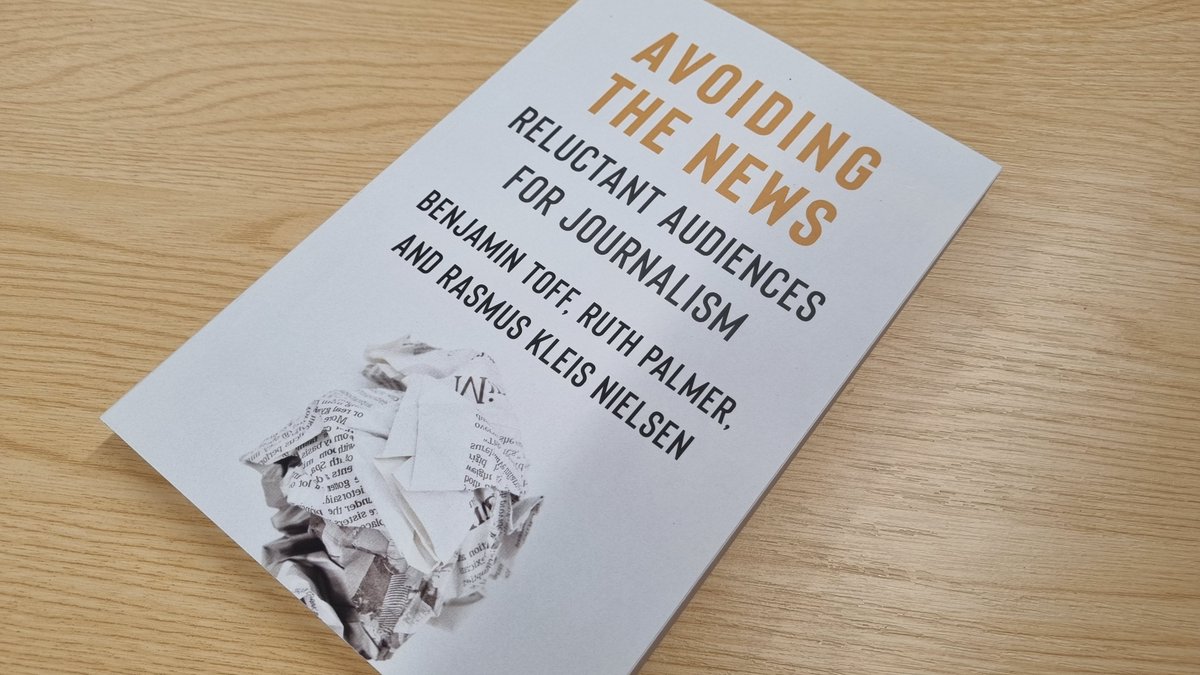#infodemic, one year on. News orgs are the most widely used source of information about coronavirus and have become even more central because-while overall reach has declined compared to earlier in the pandemic-reach of other sources has declined more. reutersinstitute.politics.ox.ac.uk/ongoing-infode… 1/9
Trust in news orgs declined by an average of 8 percentage points and trust in national governments has declined by average of 13pp. In most countries covered, national health authorities, global health authorities, and scientists+doctors+experts remain highly+broadly trusted 2/9 

The 'trust gap' between coronavirus information from news organisations and information on different kinds of platforms remains pronounced. On average, gap btw news orgs and social media is 21pp, btw news and video sites 22pp, and btw news and messaging applications 28pp. 3/9 

In terms of sources of false or misleading information about COVID-19, public concern is primarily centred on political actors. On average, 35% of respondents across eight countries say they have seen a lot or a great deal of false or misleading information from politicians 4/9 

In terms of platforms, public concern over false or misleading information about COVID-19 is centred on social media. On average, 30% across eight countries say they think they have seen ‘a lot’ or ‘a great deal’ of false or misleading info about coronavirus on social media 5/9 

Encouragingly, belief in misinformation about coronavirus vaccines is very low. In most countries, more than 90% of respondents surveyed do not believe ANY of the five false claims we include in the survey. But significant numbers answer "don't know", documenting uncertainty 6/9 

Controlling for other factors, we find using news organisations as a source for news and information about coronavirus is significantly associated with lower belief in vaccine misinformation in all eight countries covered. (We found similar positive association last year) 7/9 

In contrast, relying on messaging apps, social media, video sites for info about coronavirus is significantly associated with higher misinformation belief in most of the countries covered. (Last year we found no consistent, significant associations w/coronavirus knowledge.) 8/9 

Report based on online survey of nationally representative sample in 🇦🇷🇧🇷🇩🇪🇯🇵🇪🇸🇰🇷🇬🇧🇺🇸
Full text (if you want text with your regression) reutersinstitute.politics.ox.ac.uk/ongoing-infode…
PDF here reutersinstitute.politics.ox.ac.uk/sites/default/…
Builds on our 2020 report (covering six countries) here reutersinstitute.politics.ox.ac.uk/infodemic-how-… 9/9
Full text (if you want text with your regression) reutersinstitute.politics.ox.ac.uk/ongoing-infode…
PDF here reutersinstitute.politics.ox.ac.uk/sites/default/…
Builds on our 2020 report (covering six countries) here reutersinstitute.politics.ox.ac.uk/infodemic-how-… 9/9
• • •
Missing some Tweet in this thread? You can try to
force a refresh











